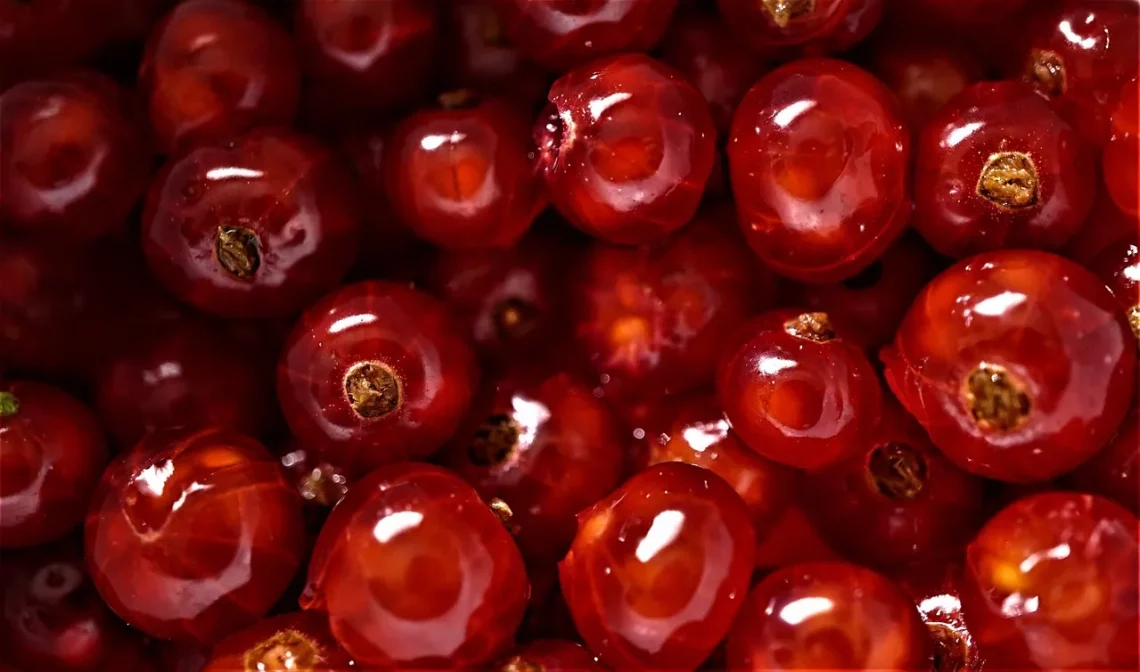
Understanding Animal Gastrointestinal Health: Key Insights and Tips
Understanding the complexities of animal gastrointestinal health is crucial for pet owners, veterinarians, and animal enthusiasts alike. The gastrointestinal tract plays a fundamental role in overall well-being, influencing digestion, nutrient absorption, and even immune function. A healthy gut is essential not only for the effective processing of food but also for maintaining a balanced microbiome that supports various bodily functions.
Animals, much like humans, can experience a range of gastrointestinal issues, from mild discomfort to severe disorders. Understanding the signs of gastrointestinal distress is vital for early intervention. Whether you own a dog, cat, or exotic pet, being aware of the nuances in their digestive health can lead to better care and quality of life. Factors such as diet, lifestyle, and even stress can greatly impact gastrointestinal function. In recent years, there has been an increased focus on the importance of gut health in animals, leading to better dietary formulations and innovative treatments aimed at promoting digestive wellness.
By delving into the intricacies of animal gastrointestinal health, we can empower ourselves to make informed decisions that enhance the well-being of our furry companions. From understanding the components of a balanced diet to recognizing the signs of gastrointestinal issues, knowledge is a powerful tool in ensuring our pets lead happy, healthy lives.
The Importance of Diet in Animal Gastrointestinal Health
Diet plays a pivotal role in the gastrointestinal health of animals. A well-balanced diet not only provides the essential nutrients needed for growth and maintenance but also supports the delicate balance of the gut microbiome. Different species have unique dietary requirements based on their evolutionary adaptations, and understanding these needs is crucial for optimal health.
For instance, dogs are omnivores and benefit from a mixed diet of proteins, fats, and carbohydrates. Cats, on the other hand, are obligate carnivores, meaning their diet must be predominantly composed of animal-based proteins. Providing the right type of food helps prevent issues such as obesity, which can lead to gastrointestinal problems like pancreatitis and inflammatory bowel disease.
Moreover, the inclusion of fiber in an animal’s diet is essential for promoting healthy digestion. Fiber aids in the formation of stool and helps regulate bowel movements. Both soluble and insoluble fibers play distinct roles; soluble fiber can help with issues like diarrhea by absorbing excess water, while insoluble fiber is beneficial for preventing constipation.
It’s also essential to consider the quality of the food being offered. Commercial pet foods can vary widely in terms of ingredient quality and nutritional content. Opting for high-quality, species-appropriate diets can significantly influence gut health. Additionally, some animals may benefit from specific dietary adjustments or supplements, such as probiotics, which can help restore and maintain a healthy gut flora.
Lastly, owners should be cautious about sudden changes in diet. Abrupt dietary shifts can lead to gastrointestinal upset in pets, causing symptoms like vomiting or diarrhea. Gradually transitioning to a new food over several days or weeks can help minimize these risks and ensure a smoother adjustment period for the animal.
Recognizing Signs of Gastrointestinal Distress
Being attuned to the signs of gastrointestinal distress in animals is essential for prompt intervention and care. Animals cannot communicate their discomfort in words, making it vital for owners to observe behavioral and physical changes that may indicate underlying gastrointestinal issues.
Common signs of gastrointestinal distress include vomiting, diarrhea, constipation, loss of appetite, and abdominal pain. Vomiting can be a one-time occurrence or a sign of an ongoing problem, depending on its frequency and accompanying symptoms. Diarrhea, characterized by loose or watery stools, can lead to dehydration if it persists, making it essential to monitor the frequency and duration of such episodes.
Another sign to watch for is changes in appetite. A sudden loss of interest in food can signal various issues, ranging from minor discomfort to serious health problems. Conversely, an increase in appetite, particularly if accompanied by weight loss, may indicate malabsorption issues.
Behavioral changes are also significant indicators. An animal that becomes lethargic, unusually aggressive, or hides away may be experiencing gastrointestinal pain. Observing these behavioral adjustments can provide valuable insights into an animal’s health status.
In addition to these signs, regular veterinary check-ups are crucial for catching any potential gastrointestinal issues early. Routine examinations can help identify problems that may not yet be evident through outward signs. If any concerning symptoms arise, consulting a veterinarian promptly is vital for determining the underlying cause and appropriate treatment.
The Role of Probiotics and Prebiotics
Probiotics and prebiotics have gained attention in recent years for their positive impact on gastrointestinal health in animals. Probiotics are live beneficial bacteria that can help restore balance to the gut microbiome, while prebiotics are non-digestible food ingredients that promote the growth of these beneficial bacteria.
Introducing probiotics into an animal’s diet can be particularly helpful during times of stress, such as changes in environment, diet, or after antibiotic treatments. These beneficial microorganisms can help mitigate gastrointestinal disturbances and support immune function. Many veterinarians recommend probiotic supplements or foods enriched with probiotics to promote gut health, especially for animals prone to digestive issues.
Prebiotics, on the other hand, serve as food for the beneficial bacteria already present in the gut. By fostering a healthy environment for these microorganisms, prebiotics can enhance their effectiveness and contribute to overall digestive health. Common sources of prebiotics include ingredients like inulin, chicory root, and certain fibers found in fruits and vegetables.
When considering probiotics and prebiotics for pets, it’s essential to choose high-quality products specifically formulated for animals. The efficacy of these supplements can vary widely, so consulting with a veterinarian can provide guidance on the best options for a specific animal’s needs.
Incorporating both probiotics and prebiotics into a pet’s diet can lead to improved gastrointestinal health, enhancing the overall quality of life. However, it’s essential to monitor the animal’s response to these additions, as individual reactions can vary.
Maintaining a Healthy Lifestyle for Optimal Digestive Function
A holistic approach to maintaining an animal’s gastrointestinal health involves more than just diet; it also encompasses lifestyle factors. Regular exercise, mental stimulation, and stress management all play significant roles in promoting optimal digestive function.
Physical activity is essential for maintaining a healthy weight and supporting digestive processes. Regular exercise helps stimulate gut motility, ensuring that food moves through the digestive tract efficiently. For dogs, daily walks and playtime can significantly impact their overall health, while cats may benefit from interactive toys and climbing structures to encourage movement.
Mental stimulation is equally important. Boredom can lead to stress and behavioral issues, which can negatively affect gastrointestinal health. Engaging pets with puzzle toys, training sessions, or social interactions can help alleviate stress and promote a balanced state of mind.
Stress management is crucial for all animals. Just like humans, animals can experience stress from changes in their environment, routine, or social dynamics. Stress can have a direct impact on gastrointestinal health, leading to issues like diarrhea or loss of appetite. Creating a stable, nurturing environment can help mitigate stress and promote overall well-being.
Additionally, regular veterinary visits are vital for maintaining gastrointestinal health. Routine check-ups allow for early detection of potential issues, keeping gastrointestinal problems at bay. Preventative care, including vaccinations and parasite control, also contributes to overall health, ensuring that the gastrointestinal system functions optimally.
In conclusion, understanding and maintaining animal gastrointestinal health requires a comprehensive approach that encompasses diet, lifestyle, and awareness of signs of distress. By being proactive and informed, pet owners can significantly enhance their pets’ quality of life, leading to happier and healthier companions.
*Disclaimer: This article is intended for informational purposes only and should not be considered medical advice. Always consult a veterinarian for health-related concerns regarding your pets.*




